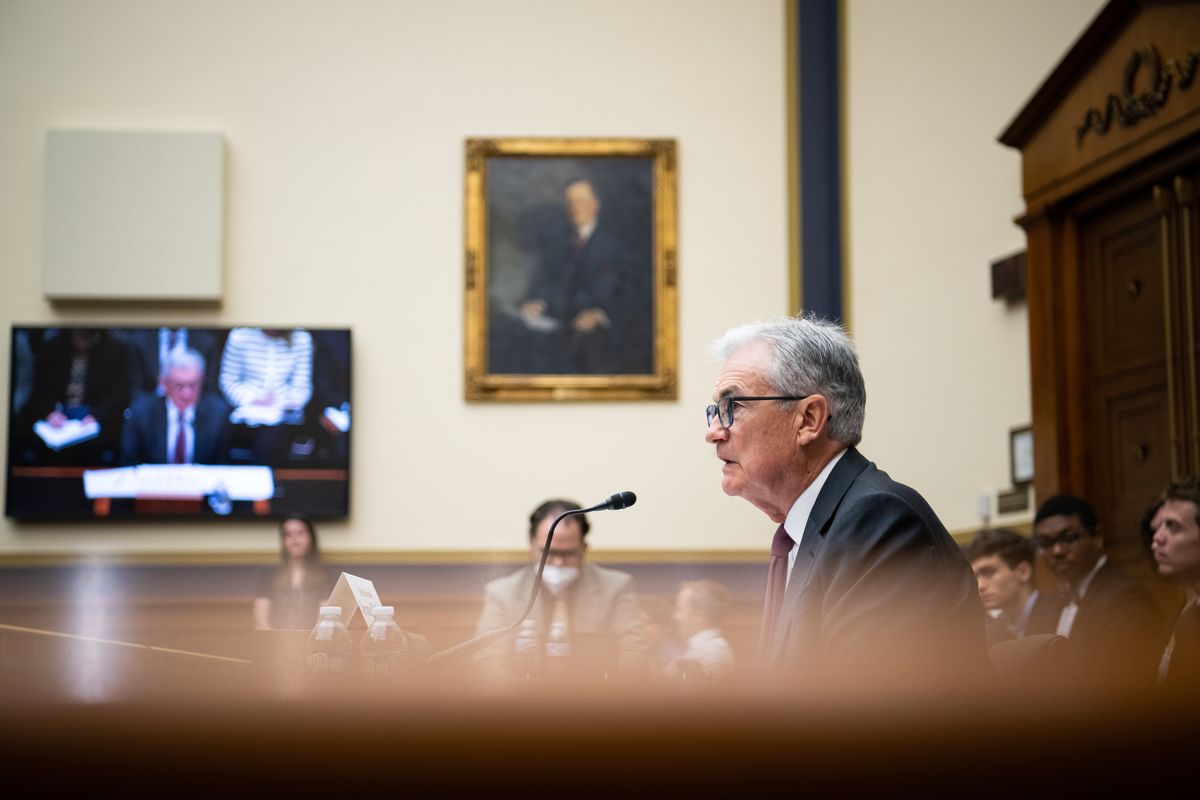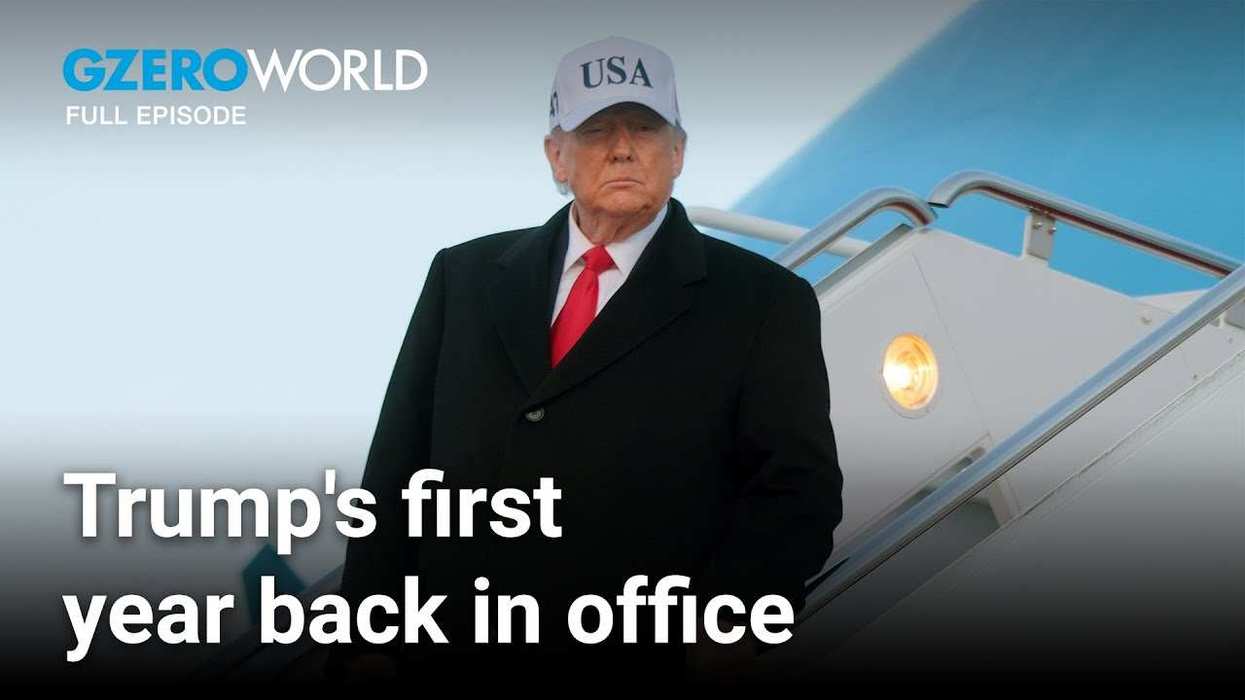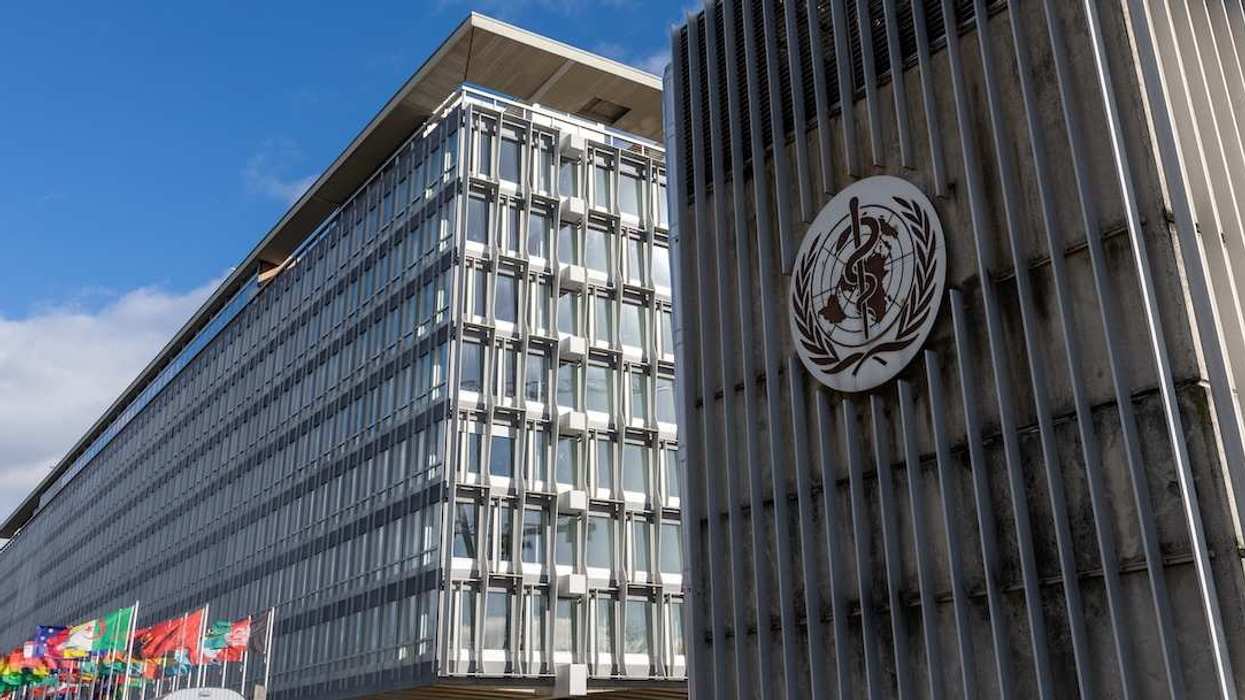Rate hikes will continue … until morale declines or a recession hits. That’s the message market watchers expect, despite slowing inflation, from the Bank of Canada’s next meeting on July 12. The Canadian economy has stayed hot despite the Bank’s effort to cool it with increased interest rates, including a 25-point increase in June.
Federal Reserve Chairman Jerome Powell has indicated the US should expect more hikes, too. And with economists now believing the odds of a US recession are dropping, thanks to a strong labor market and strong consumer demand, the Fed may have no choice but to continue driving up borrowing costs.
Both central banks have signaled that rate hikes have had an effect, but wage growth rates aren’t cooling fast enough, and employment rates remain high. Predictions of a recession on both sides of the border have gone back and forth for months.
The US is Canada’s largest trading partner, so Fed decisions are being watched closely by Canadian economists.
Consider that 70% of Canadian exports go to the US, while only 17.5% of US exports go to Canada. US interest rate hikes, and how they impact exchange rates, can have an outsized impact on the Canadian economy. And if interest hikes lead to a US recession, this could push Canada closer to the brink by driving down demand, contracts, and prices.


















